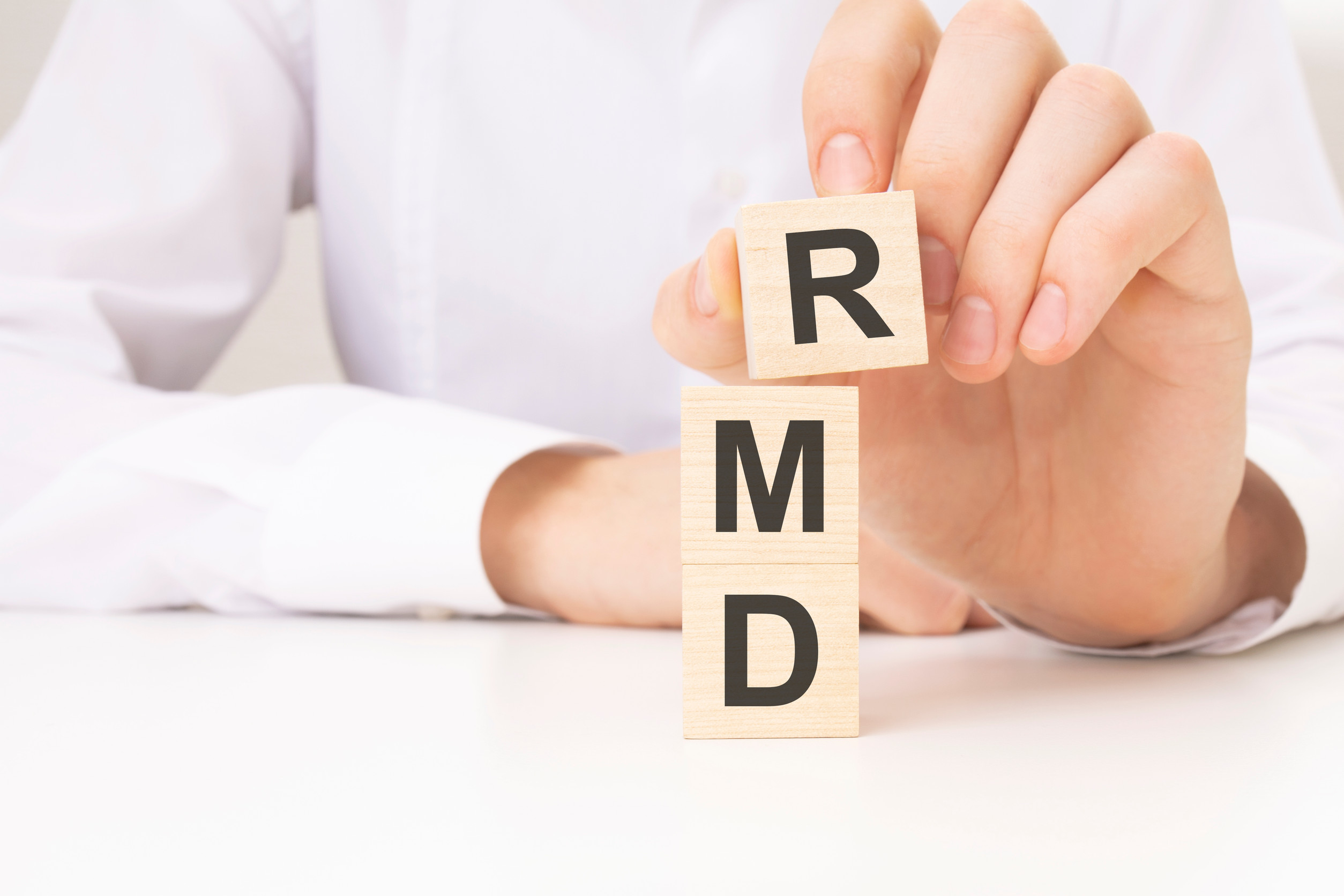
Required minimum distributions (RMDs) are unavoidable once you hit a certain age. But many retirees make costly mistakes that turn retirement accounts into penalty magnets. With IRS rules changing and penalties steep, even small errors have big consequences. Missing just one deadline can drain thousands. Here are eight RMD missteps retirees must avoid.
1. Missing the First Deadline
Retirees must take their first RMD by April 1 of the year after turning the required age. Missing this deadline triggers hefty penalties. Many assume they have until year-end and get caught. Planning ahead prevents this misstep. Deadlines are strict, not flexible.
2. Forgetting Multiple Accounts
Each IRA requires its own RMD calculation, even if distributions come from one account. Retirees who forget this rule under-withdraw. The IRS penalizes mistakes regardless of intent. Consolidating accounts simplifies planning. More accounts mean more room for error.
3. Ignoring Employer Plans After Retirement
401(k)s and similar accounts each require separate RMDs. Retirees sometimes think withdrawals from IRAs cover all. Employer plans have their own rules. Overlooking them creates costly shortfalls. Attention to details saves money.
4. Miscalculating Withdrawal Amounts
RMDs depend on account balances and IRS life expectancy tables. Using outdated data leads to under-withdrawing. Retirees relying on estimates often fall short. Exact math is essential. Precision avoids penalties.
5. Forgetting Beneficiary Designations
Beneficiaries impact RMD calculations, especially with inherited IRAs. Retirees overlooking updates may force heirs into faster withdrawals. Missteps shorten tax advantages. Proper designations align with family goals. Beneficiaries must be reviewed regularly.
6. Not Considering Tax Impacts
RMDs count as taxable income and may push retirees into higher brackets. Taking large withdrawals at once magnifies taxes. Strategic timing spreads the impact. Taxes matter as much as compliance.
7. Ignoring Qualified Charitable Distributions
Retirees over 70½ can donate RMDs directly to charity, avoiding taxes. Missing this option means paying more than necessary. QCDs benefit both the retiree and the cause. Awareness saves thousands. This overlooked strategy is a win-win.
8. Assuming Rules Never Change
Congress adjusts RMD ages and penalties regularly. Retirees relying on old rules risk mistakes. Staying current is essential. Laws evolve, and so must planning. Flexibility prevents penalties.
The Takeaway on RMD Missteps
RMDs aren’t just about taking money out—they’re about doing it right. Retirees who avoid these missteps protect their savings from penalties. Awareness and planning transform obligations into manageable steps. The IRS doesn’t forgive ignorance. The smartest retirees act with precision.
Have you or someone you know ever been hit with RMD penalties, and what steps do you take to avoid mistakes?
You May Also Like…
- What Will It Really Cost to Live Until 95?
- 8 Laws That Quietly Strip Away Rights After Age 70
- What Are the Downsides of Retiring With Too Much in Assets?
- Are Some Retirement Accounts Too Risky to Keep After Age 70?
- 10 Times Retirees Regret Following Popular Financial Advice

Teri Monroe started her career in communications working for local government and nonprofits. Today, she is a freelance finance and lifestyle writer and small business owner. In her spare time, she loves golfing with her husband, taking her dog Milo on long walks, and playing pickleball with friends.
Comments